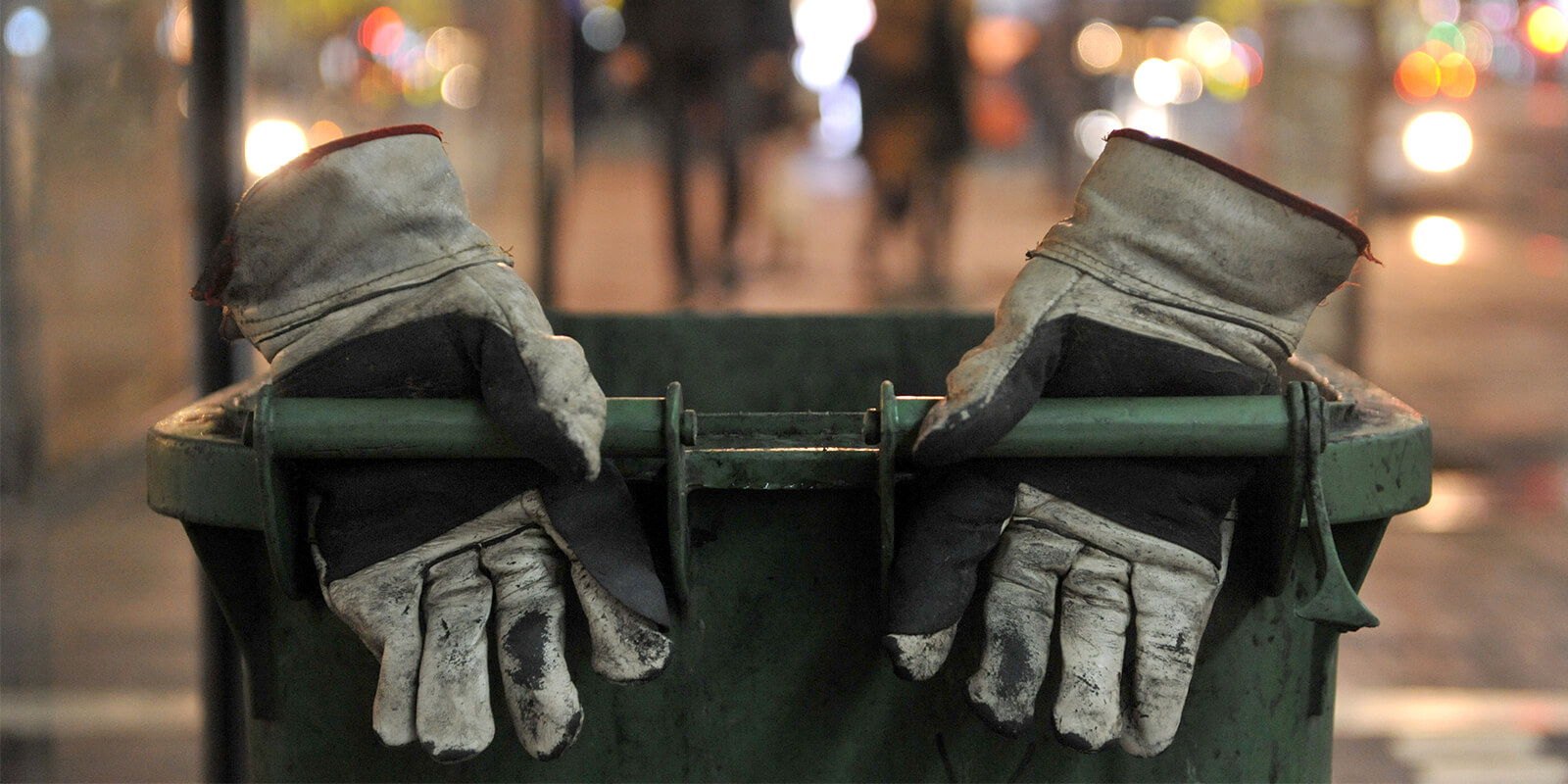On Feb. 1, 1968, AFSCME sanitation workers Echol Cole and Robert Walker huddled in the back of their truck to seek shelter from the chill and the rain in Memphis, Tennessee. Suddenly, the truck’s compacting gears malfunctioned, trapping Cole and Walker and crushing them to death.
That tragedy prompted the city’s 1,300 sanitation workers to strike. They had warned the city about dangerous equipment, but were ignored. They were fed up with poverty wages and humiliating working conditions. They walked off the job and marched under the banner: I AM A MAN. Dr. Martin Luther King Jr. traveled to Memphis to show solidarity with the strikers – a campaign that would cost him his life.
AFSCME is commemorating the 50th anniversary of those events in Memphis through the I AM 2018 campaign and connecting the events back then to the continuing struggles of the present.
Meanwhile, a half century later, sanitation employees – many of whom nationwide have joined together under AFSCME – still continue to face among the most dangerous working conditions of all public service workers.
ProPublica, an investigative news non-profit, explains why workers at private trash-collection companies in New York City are dying and pedestrians are getting killed as these companies rush to compete with publicly-owned sanitation trucks – which have caused no worker or pedestrian fatalities since 2014.
Another tragic point raised by the piece is captured by the following paragraph:
“Pedestrians aren’t the only casualties, and Action isn’t the only company involved in fatalities. Waste and recycling work is the fifth most fatal job in America — far more deadly than serving as a police officer or a firefighter. Loggers have the highest fatality rate, followed by fishing workers, aircraft pilots and roofers. From the collection out on garbage trucks, to the processing at transfer stations and recycling centers, to the dumping at landfills, the waste industry averages about one worker fatality a week. Nationally, in 2016, 82 percent of waste-worker deaths occurred in the private sector.”
To read the full story, go here.
